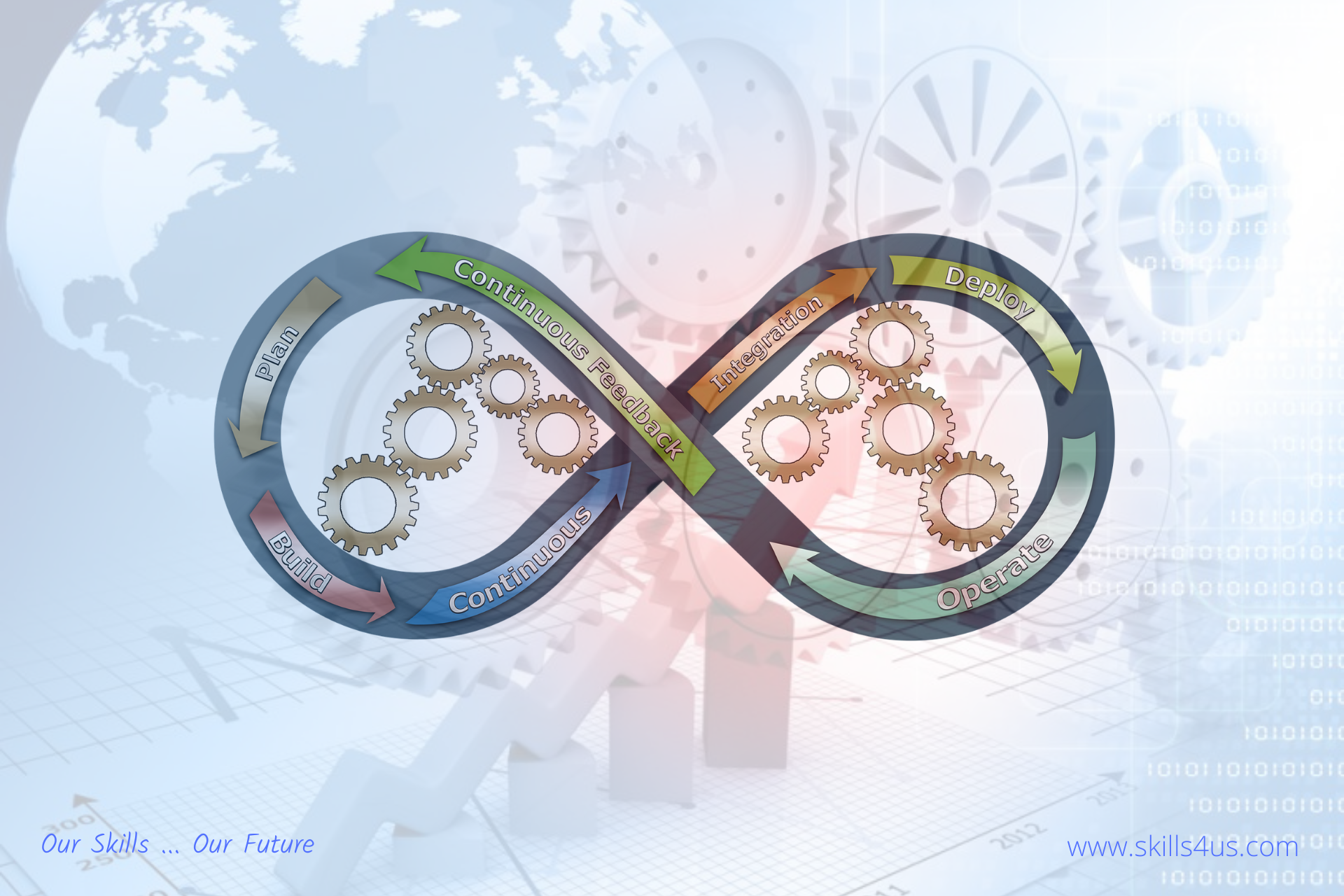
Balance The Competitive Imperatives Of Transformative Innovation And Operational Excellence
An important issue that directly impacts the business community and organizations. And is considered one of the most important issues for researchers and practitioners in innovation and development. This issue is how organizations can balance the competitive imperatives of transformational innovation with operational excellence. Some believe that a large organization cannot do both. And others also believe that large organizations can learn to do this well.
Transformative Innovation
Transformational innovation changes that transform the entire system into a new framework built to be applicable in the future. It is also a fundamental concept in creating profitable, competitive, and long-term business models. Maintaining transformational innovation provides stability and extends the life of the organization’s current management system. It is also considered a radical innovation and establishes a revolutionary change in the organization’s strategy in that it provides a breakthrough innovation. But it happens in the context of long-term planning, where the goal is to create a long-term system.
Transformational innovation is the most challenging innovation. Because it is about exploring opportunities outside the organization’s traditional field, this type of innovation typically requires a radical change or expansion of the organization’s business models. It also includes options that help the organization expand and explore new growth.
Transformational innovation requires dedicated, independent innovation teams outside of business units, with access to skills and resources from operating organizations.
Operational Excellence
Is the product of innovative influencers and teams’ work. And engagement through the intelligent implementation of flow management tools combined with intelligent change management. And it goes beyond the use of development and improvement tools and techniques. Instead, it revolves around creating and building a culture that encourages excellence in the various areas of the organization’s work. Whether those processes are within multiple organizations in the public and private sectors or even in government bodies.
High-performing organizations understand that they can never achieve excellence. Because it is a work and an achievement that is permanently and continuously will link to progress, growth, and development. Enhancing operational excellence – in our digital age – requires new ways of thinking about the HR, processes, and technology that organizations need to sustain and grow. It requires an agile approach that constantly adjustments to reduce operational risks. And to operating costs to create a more stable, secure, motivated workforce, improving and developing processes and increasing product quality.
Balancing the Competitive Imperatives of Transformative Innovation and Operational Excellence
Large organizations can be innovative if they can break out of their traditional working methods. Note that there are rational rules for HR, finance, and procurement in these large organizations. Which generally make sense, but in fact, sometimes prevent or stifle innovation in its bud. The same processes and procedures that work excel for execution are often at odds with inspiring innovation.
The question that worries everyone: “Is it possible to build an organization that has two distinct yet compatible, interconnected operating systems. One that applies to 99% of the organization and the other that applies to 1%, and make it work?“
The answer is: “Yes, but it is difficult, and most organizations cannot or will not do it.”
The organization knows what it needs to do. The 1% specific systems, processes, methods, and tools are well developed and are effective. But it still seems that large organizations cannot prepare themselves to do what is required.
The problem is not that we don’t know what to do. But rather that today’s organizational structures, processes, and governance do not align with what needs to do. It takes significant changes in leadership, process design, and organization to succeed. In short, it is a matter of will, not knowledge, and this is what hinders development and innovation in it.
It will change in the future. Unfamiliar organizations will emerge – those that can implement and innovate simultaneously –. And those with the will to direct, organize and govern in the right way will be the long-term winners.



